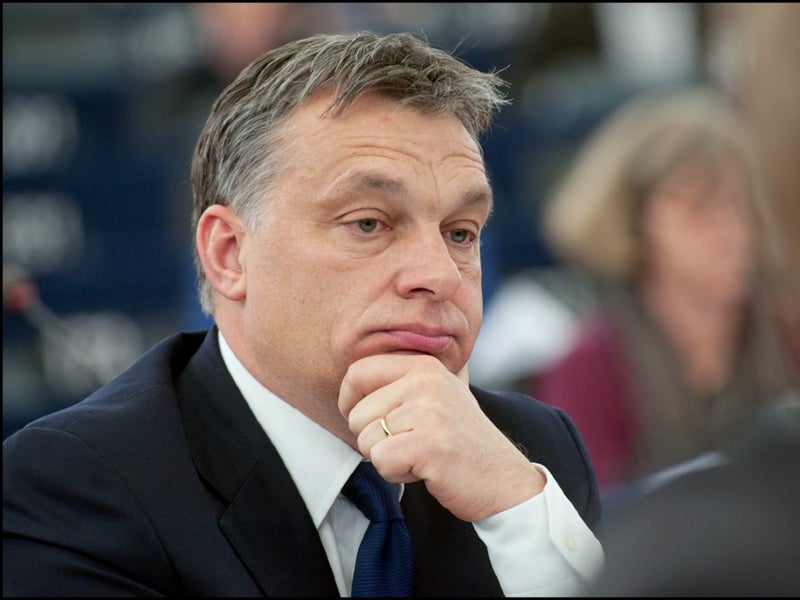
The Hungarian government said on Monday that Hungary and Serbia have agreed to construct a pipeline providing Serbia with Russian crude oil, as EU sanctions restrict imports via Croatia.
From December, the EU will ban Russian seaborne petroleum imports. This will disrupt Serbia’s primary supply route for oil through Croatia and the Adriatic Sea.
The Druzhba pipeline, which is excluded from the EU ban, will still be used by Hungary to import Russian crude. Constructing a new pipeline will allow greater imports without conflicting with seaborne sanctions.
Hungarian government spokesperson Zoltán Kovács said via Twitter: “At present, the country’s oil supply is largely via a pipeline through Croatia, but this is unlikely to be possible in the future because of the sanctions that have been adopted.”
According to the Financial Times, the comment confirms a statement by Serbian President Aleksandar Vui, who stated that the two countries would link within two years.
How well do you really know your competitors?
Access the most comprehensive Company Profiles on the market, powered by GlobalData. Save hours of research. Gain competitive edge.

Thank you!
Your download email will arrive shortly
Not ready to buy yet? Download a free sample
We are confident about the unique quality of our Company Profiles. However, we want you to make the most beneficial decision for your business, so we offer a free sample that you can download by submitting the below form
By GlobalDataAs part of the sanctions imposed as a result of Russia’s invasion of Ukraine, the EU imposed an oil price cap on Russian seaborne petroleum sales to third countries last week.
Hungarian Foreign Minister Peter Szijjarto previously warned days before an emergency meeting of EU energy ministers in September that the proposed European price cap on Russian natural gas might result in Moscow abruptly shutting down the supply to Europe.
“We have been exempted from the measures of the 8th sanctions package that were harmful to us,” Viktor Orbán, Hungarian Prime Minister, said, adding that “we called on the Commission to take immediate action to reduce energy prices across Europe, Kovács tweeted.
Orbán, a staunch opponent of EU sanctions against Russia over its invasion of Ukraine, said to his ruling Fidesz party in September, that sanctions placed by the EU against Russia should be lifted.
According to Kovács, the project was part of Hungary’s long-term goal of diversifying the region’s energy infrastructure.
A Serbian energy security report reads: “At the moment, Serbia is limited to the supply of natural gas from only one supplier, namely Russia’s Gazprom, which is why the diversification of suppliers is just as important as the diversification of routes,”



